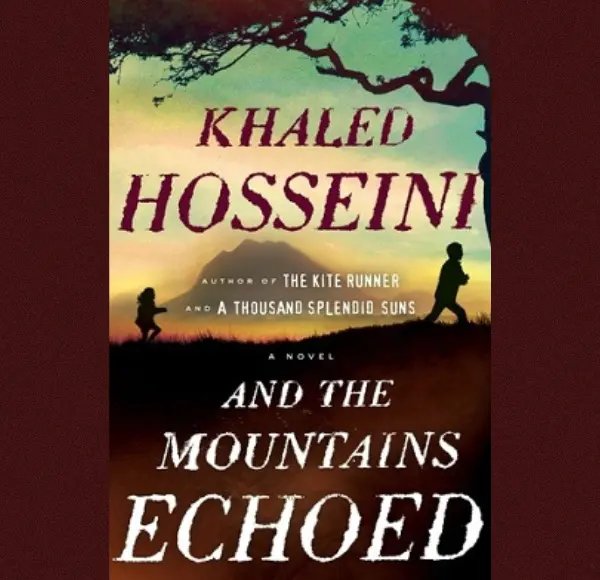If you read The Kite Runner (and who didn’t?) you’ll probably buy a box of tissues to have with you when you read this book. Sorry, but I don’t think you’ll need them. Hosseini is still the same wonderful story teller as in his previous book, but this time he doesn’t seem to care as much about his protagonists and therefore, we can’t.
The characters are well-drawn and realistic, but they live at a distance from us. We can hear them and see them, but we can’t really touch them. We follow them around the world from Kabul, to San Francisco, Greece, Paris, etc. for more than half a century, but we are always observers and visitors. The emotional world of The Kite Runner took the reader in as a participant.
In And the Mountains Echoed we see a poor Afghani villager, Saboor, whose wife has died, leaving him with two children, Abdullah, 10, and Pari, 3. Their life is one of crushing poverty, but the children are happy. Abdullah adores his sister and takes care of her with a devotion that, considering his age, is fierce.
As the story unwinds, Saboor takes the kids to Kabul and offers Pari to a rich family for adoption. Abdullah is heart-broken, but Pari has been given a chance at a life that would have been impossible among the crumbling hovels of her village.
Author Hosseini then gives us a guided tour of the lives of the siblings as they grow, travel, marry, but always search, within themselves and around the world, for that part of them that was ripped away at an early age. The author has proven previously that he is a master of emotion. The reader is often brought to tears and laughter with gentle ease. However, in the current novel, the author becomes more of a puppet master. He creates situations that are filled with sentimental potential and then manipulates the strings so the people in his book will dance through those situations. Of course, this can be said of almost any novel, but in this case it feels like we, the readers, are also being manipulated. It is somewhat like the old, live radio programs during which a sign saying “Applause” lit up to prompt the studio audience. The signs that seem to be lighting up for Hosseini’s audience say “Cry” and “Sob.” It is difficult to cry—or even to feel deeply sad—when the cues are that obvious.
And the Mountains Echoed is a well-crafted book. Hosseini is a master writer whose prose flows like a churning river. He provokes us to think about the essence of separation. We see characters grow and change, and make life-altering decisions. We see the consequences of those choices. We learn about some of the violent upheavals that shape the current and past history of Afghanistan. However, all of this takes place at a sort of clinical distance. We know about it and we are concerned about it—but we are not there and the characters are not here.



